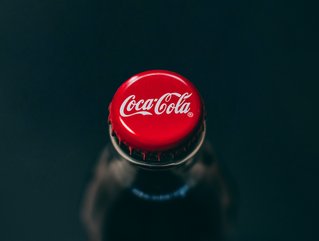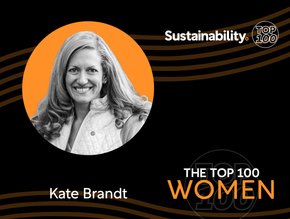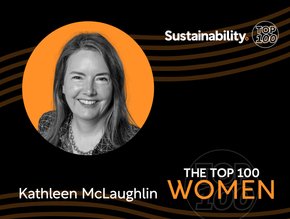Understand how Coca-Cola approaches sustainability with SBTi

We’ve covered many great sustainability stories, but we can understand how, in the eyes of consumers and environmental advocates, there are some questions yet to be answered.
In the commercial world as we know it, businesses are doing their best to ensure transparency is achieved throughout their supply chains and that their suppliers meet the criteria that consumers hound them for.
The onus is on businesses and other authorities working on sustainability to understand the best practices for commerce and come up with standards that set out clear, action targets for even the world’s largest corporations.
Coca-Cola’s journey took a major turn over the past couple of years and while, like many businesses, cannot be deemed sustainable, the company is seen to be marking out its tracks to more responsible business by means of the Science-Based Targets initiative (SBTi). This governs how the organisation approaches its supply chain actions as well as new product development (NPD) for reduced emissions.
What is a science-based target?
Quite simply, the SBTi sets out a path for action as organisations look to reduce carbon emissions associated with their entire value chains. Businesses confide in SBTi to show them the actions they need to take to meet specific emissions reduction milestones, leading to the broader goal of decarbonisation.
Working with the SBTi, businesses are led through a step-by-step process with the end goal of decarbonisation. Targets are only considered ‘science-based’ if they are set in accordance with the climate action plan set out in the Paris Agreement.
As set out by the Coca-Cola Company—among many other initiatives—SBTi will play an important role in guiding the company to meet its 25% reduction target by 2030—this is benchmarked against data from the 2015 SBT base year.
The initiative actively encourages all organisations to participate in setting SBTs and is evolving to meet the needs of various different sectors that are looking to tailor their sustainability strategies. This currently focuses on the private sector, dealing mainly with corporate environmental impacts to drive nations towards the sustainable goal.
Coca-Cola’s GHG emissions are measured
With many acts still to complete, Coca-Cola is actively measuring its corporate-level greenhouse gas (GHG) emissions based on the GHG Protocol standards, which measures corporate emissions, corporate value chain, and Scope 3.
Guidance is shared company-wide to ensure that the core team at Coca-Cola is developing its strategy to incorporate these standards into its risk management discussions.
These efforts also extend beyond the confounds of the business as almost half of Coca-Cola Europacific Partners’ carbon strategic supplier base has been on board with SBTi since 2021. Meanwhile, a significant proportion of its remaining suppliers are also engaging with the initiative, which has grown significantly since 2020.
Much of Coca-Cola’s attention is set on adopting renewable energy to serve its global footprint, which is why it’s ever more critical for suppliers to comply with SBTi. Organisations like this account for a larger number of emissions in Scope 3 and this has become a critical next step to focus on for corporate sustainability.






